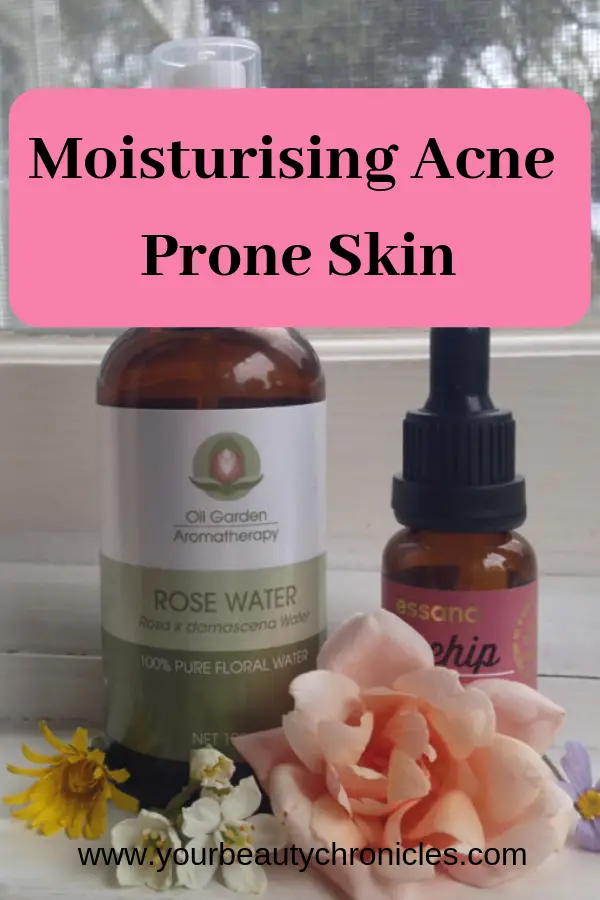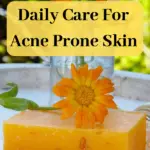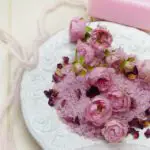Moisturising acne prone skin is always a little tricky. At least that is the way it has always been for me. Confusing! I never knew if I needed a moisturiser or not. I tried to ask my dermatologist but she was always vague about it. Once she gave me this lanolin-based cream to counter the dryness caused by her medications. My skin literally went nuts. It became dry and I looked like I had a perpetual sunburn.
I always had this weird combination of oily yet dry skin. Pretty sure this was the result of all the acne medications and ointments I had used. I am sure many of you can relate.
To add to it when you have acne you are never sure what is going to irritate your skin. More so because acne is caused by oil, it is commonly assumed that the acne needs to be dried out. Notice how the side effects of many medications for acne, are peeling and flaking of skin.
Many people with oily skin often feel that they should not moisturise as their skin has enough of oil as it is. However, oil and moisture are very different things. You can have oily skin yet your skin can feel dry, tight and be flaky. Your sebaceous glands may release oil but the moisture in your skin may be very low.
It is a common misconception that acne-prone skin is oily, so it needs to be dried out. However, what you end up drying is your skin. The acne is formed on your skin after all.
However, what I have learned over the past few years is that your skin needs moisture. I cannot emphasise this enough but whether you have acne or not, your skin needs moisture. If your skin is moist and supple the pores will remain open letting the oil flow normally to the surface of your skin.
Oil or sebum is not bad. It is not your enemy. It exists to protect your skin. When your skin is dehydrated and parched it is more likely that the dry skin cells will block the pores and the oil will be prevented from flowing smoothly to the surface of the skin.
Now, what moisturiser you use is a whole other topic. Most moisturisers for acne contain alcohol or some other drying agent like salicylic acid. Be aware that these will do more harm than good. The alcohol will just dry out your skin and destroy your skins delicate pH balance. Same with the salicylic acid.
Moisturisers are generally a mix of water and oil. Depending on the skin type they are meant for, the proportion of water and oil will vary. So the moisturiser meant for dry skin will have more oil content that the one for oily skin. The purpose of a moisturiser is two-fold. One is to add moisture to your skin. The other is to keep the moisture locked on.
Now I had been using oil to moisturise my skin for a while now. It had worked just fine for me. Till I moved to a colder and drier climate. Then suddenly all hell broke loose with my skin. It got flaky and dry. The oil was doing nothing for me. The drier my skin got the more oil I put, but it was doing nothing. I literally had flakes hanging off my skin.
During my struggle with acne, the internet was my salvation. The internet was where I could look for information and how to resolve my acne without a doctor. Reading up on other people’s experiences I had tailored it to fit my lifestyle, my skin and the products I could get my hands on.
This time too I took to the internet to find a solution to my extremely dry skin. And I got one. From someone else who had undergone the same struggles with acne as I had. Enter the lovely Sara and her amazing blog. This post explained exactly what I was doing wrong.
Sara explains that healthy moisturised skin needs both water and oil. You can’t use just one as I had been doing. I had lived in a humid climate till a year back and I guess that was the reason why just using the oil had worked.
So what you do is separate the water and oil. You use moisture-rich products first to give your skin a boost of moisture. You then lock this moisture in with oil-based products.
I went out and got myself some rose water. I sprayed the rose water on my washed face. Gave it a minute to settle in and then applied coconut oil.
Note that coconut oil may not suit acne prone skins as it is very comedogenic. You can use organic jojoba oil as Sara does or any other oil that is non-comedogenic.
This method worked like a charm.
I was so happy that I had to reach out to Sara and tell her and of course, thank her for her advice. Have to admit that I had been just a lurker on her blog for a while though. I guess she had to find out some time! Most bloggers never share all of their secrets. With Sara, everything is out there on her blog.
Of course, if you have cystic acne and are trying to heal it, just a spray or splash of rose water or a light layer of pure and organic aloe vera gel will have to suffice till your acne heals.
If you do not want to use just oil, use an oil-rich moisturiser but do use rose water or aloe vera gel before you apply it.





Leave a Reply